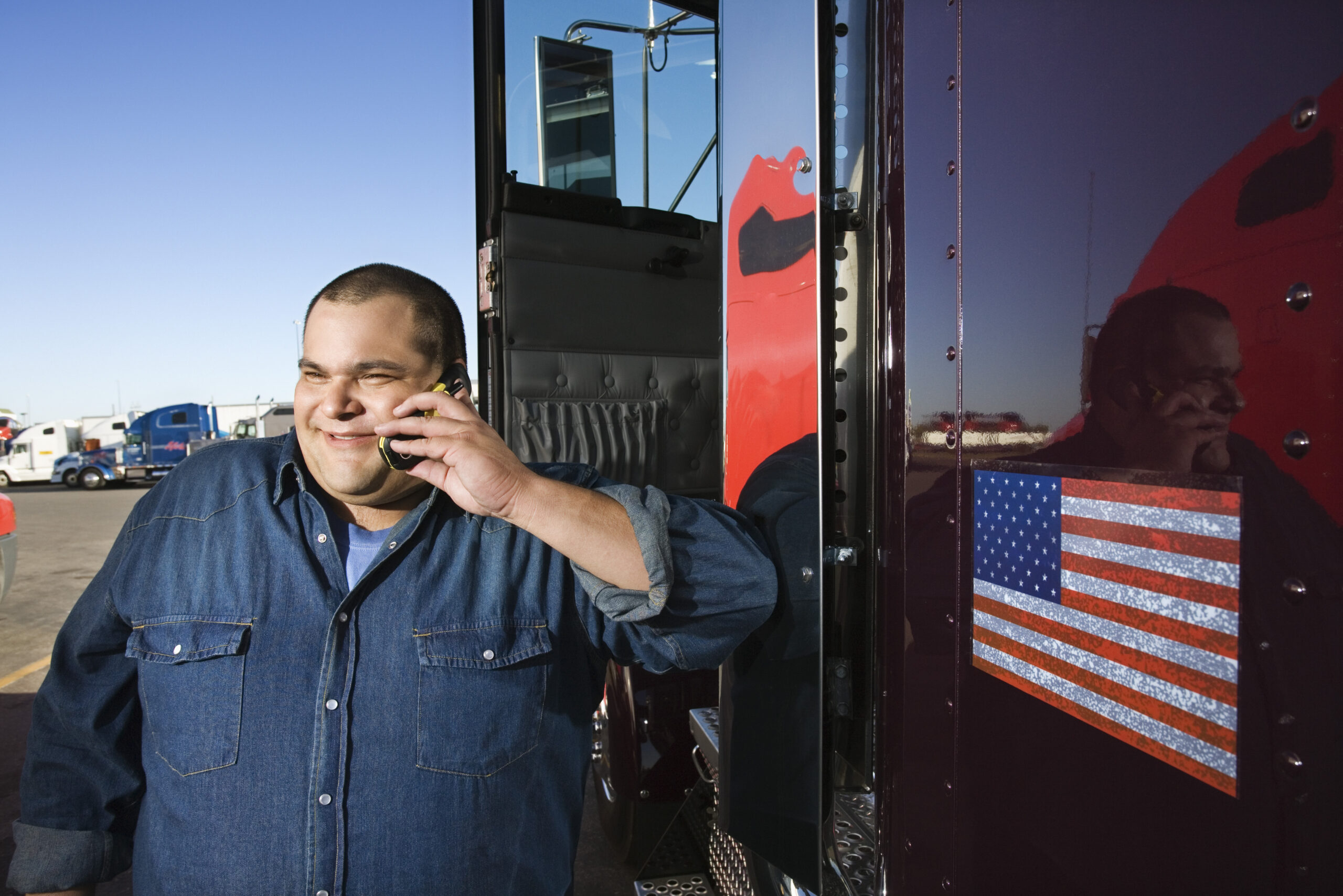The Transportation Worker Exemption and California Employees: Introduction

This blog post contains important information for truck drivers, delivery drivers, warehouse workers, airport workers, and other kinds of workers who are involved in interstate commerce. This is the first of a series of blog posts regarding the Transportation Worker Exemption (TWE) found in the Federal Arbitration Act (FAA).
The TWE is important because the FAA has been found to invalidate a number of laws and doctrines that protect employees and consumers from unfair arbitration agreements, including those that protect employees and consumers from having being forced to to give up their right to file class actions.
However, if an employee falls within the TWE, then the FAA does not apply. That means that the laws and doctrines that protect employees and consumers are not preempted by the FAA, and the employee is free to make use of them.
What is the Transportation Worker Exemption?
Generally speaking, Section 2 of the FAA provides that arbitration agreements are valid, irrevocable and enforceable. However, Section 1 of the FAA includes the following language:
“but nothing herein contained shall apply to contracts of employment of seamen, railroad employees, or any other class of workers engaged in foreign or interstate commerce.”
(9 U.S.C. § 1)
In other words, the FAA does not apply to workers engaged in “interstate commerce.” The precise meaning of that term has been hotly contested over the past 25-plus years.
The US Supreme Court and the TWE
The United States Supreme Court has considered the TWE in a number of cases. Over the past 25 years, the Court’s rulings regarding the TWE have shifted from very conservative to somewhat better for workers.
For example, in 2001, the Supreme Court decided Circuit City Stores, Inc. v. Adams (2001) 532 U.S. 105. Applying some fancy Latin guidelines for interpreting statutes, the Court read the general phrase “class of workers engaged in … commerce” to be limited to transportation workers.
But in a pleasant surprise, in recent years the Supreme Court has been relatively good on the TWE. For example, in New Prime Inc. v. Oliveira (2019) 586 U.S. 105, the Court held that it was for judges, not arbitrators, to decide whether the TWE applies in a given case. The Court then held that the TWE extends to workers who are classified as independent contractors and not employees.
Then, in 2022, the Supreme Court decided Southwest Airlines Co. v. Saxon (2022) 596 U.S. 450. In that case, the Court concluded that a ramp supervisor who “frequently load[ed] and unload[ed] cargo” from airplanes belonged to a “class of workers engaged in foreign or interstate commerce.” In other words, the TWE extends to workers who do not themselves actually transport goods across state or international borders.
The Saxon Court further held that a “class of workers” is properly defined based on what a worker does for an employer, “not what [the employer] does generally.” The Court then underscored that holding in a 2024 case called Bissonnette v. LePage Bakeries Park St., LLC (2024) 601 U.S. 246.
After Saxon and Bissonnette, the test for determining whether a worker is subject to the TWE consists of two questions:
- What class of workers does the worker actually belong to?
- This question focuses on the job duties of the worker, not on what the employer does generally.
- Does that class of workers engage in foreign or interstate commerce?
- This question focuses on whether the worker is “intimately involved” with interstate commerce. In other words, is includes workers who do not themselves transport goods across state lines.
Developing Law Regarding the TWE
The Supreme Court’s recent holdings have given rise to a series of questions regarding the scope of the TWE, including the following:
- Does the TWE apply to “last-mile drivers?
- Does the TWE apply to warehouse workers?
- If the TWE applies, and the FAA does not apply, then does the California Arbitration Act apply and, if so, what does that mean?
- Does the TWE apply to workers who form business entities like corporations and LLCs?
These issues will be explored more fully in the next four blog posts on this topic.
If you are a driver, or a warehouse worker, or someone who works at airports or otherwise handles interstate commerce, and have questions about your rights in the workplace, please feel free to contact Hunter Pyle Law, PC, and make use of our free and confidential intake process. We can be reached at inquire@hunterpylelaw.com, or at (510) 444-4400.


